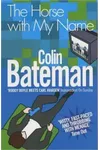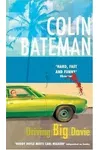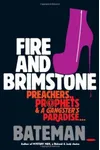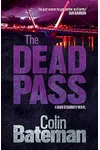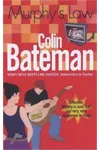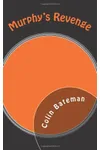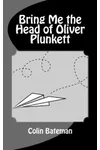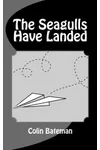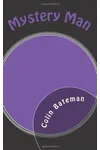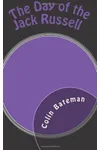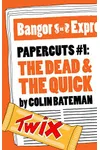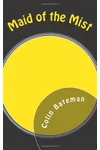Picture a Northern Irish storyteller who turned Belfast’s gritty streets into a playground for sharp-witted crime comedy—meet Colin Bateman! Known simply as Bateman in literary circles, this former journalist spun his debut novel, Divorcing Jack, into a Betty Trask Prize winner, launching a career that blends dark humor, social satire, and thrilling mysteries. His tales, often set against the backdrop of Northern Ireland’s Troubles, have hooked readers and inspired film adaptations, making him a standout in the crime comedy genre.
With a knack for crafting flawed yet lovable characters, Bateman’s work dances between laugh-out-loud moments and poignant commentary, earning him a loyal following. Let’s dive into the life and legacy of this Belfast bard who proves crime can be downright hilarious.
The Making of Colin Bateman
Born on June 13, 1962, in Bangor, County Down, Colin Bateman was shaped by Northern Ireland’s turbulent landscape. He attended Bangor Grammar School but left at 16 to join the County Down Spectator as a cub reporter. Under editor Annie Roycroft, he honed his wit, rising to columnist and deputy editor. His early columns, later collected as Bar Stool Boy in 1989, showcased the sardonic humor that would define his novels. A journalism fellowship to Oxford University in 1990, earned for his Uganda reports, further sharpened his storytelling chops, setting the stage for his literary leap.
Colin Bateman’s Unforgettable Stories
Bateman’s 1994 debut, Divorcing Jack, introduced Dan Starkey, a boozy Belfast journalist entangled in political intrigue and sectarian violence. This satirical black comedy, subtitled Vodka, Violence & A Nun With A Gun, won the Betty Trask Prize and was adapted into a 1998 film starring David Thewlis. Starkey, a semi-autobiographical figure, reappeared in novels like Of Wee Sweetie Mice and Men and Nine Inches, blending misadventure with biting social commentary.
The Mystery Man series, starting in 2009, marked a high point in Bateman’s career. Set in Belfast’s No Alibis bookshop, it follows a neurotic, hypochondriac bookseller turned amateur sleuth. With titles like The Day of the Jack Russell and Dr. Yes, the series is a masterclass in comic crime, laced with literary references and absurd capers. Bateman’s standalone works, like Cycle of Violence, and his TV series Murphy’s Law, written for James Nesbitt, showcase his versatility, always grounded in Belfast’s vibrant, troubled soul.
His style—think Carl Hiaasen meets Christopher Brookmyre—marries fast-paced plots with razor-sharp dialogue and a knack for poking fun at Northern Ireland’s complexities. Whether it’s paramilitaries, corrupt politicians, or quirky locals, Bateman’s Belfast is both a character and a canvas, painted with humor and heart.
Why Colin Bateman Matters
Bateman’s impact lies in his ability to make readers laugh while reflecting on Northern Ireland’s fraught history. His novels, steeped in the Troubles’ shadow, offer a fresh lens on a region often reduced to stereotypes, earning critical acclaim and a cult following. Film adaptations like Divorcing Jack and TV series like Murphy’s Law have broadened his reach, while his plays, like National Anthem, show his storytelling prowess across mediums. In 2010, the University of Ulster honored him with a Doctor of Letters for his contributions to literature.
By blending crime with comedy, Bateman has carved a niche that’s both entertaining and thought-provoking, influencing a new wave of genre-bending writers. His legacy is a Belfast that’s as hilarious as it is haunting, inviting readers to see the city through his irreverent gaze.
- Born: June 13, 1962, Bangor, County Down
- Key Works: Divorcing Jack, Mystery Man, Murphy’s Law
- Awards: Betty Trask Prize (1994), CrimeFest (2010)
- Notable Adaptations: Divorcing Jack (1998 film), Murphy’s Law (2001–2007 TV series)
Snag Mystery Man and dive into Colin Bateman’s wickedly funny world of crime and comedy—you won’t look at Belfast the same way again!




